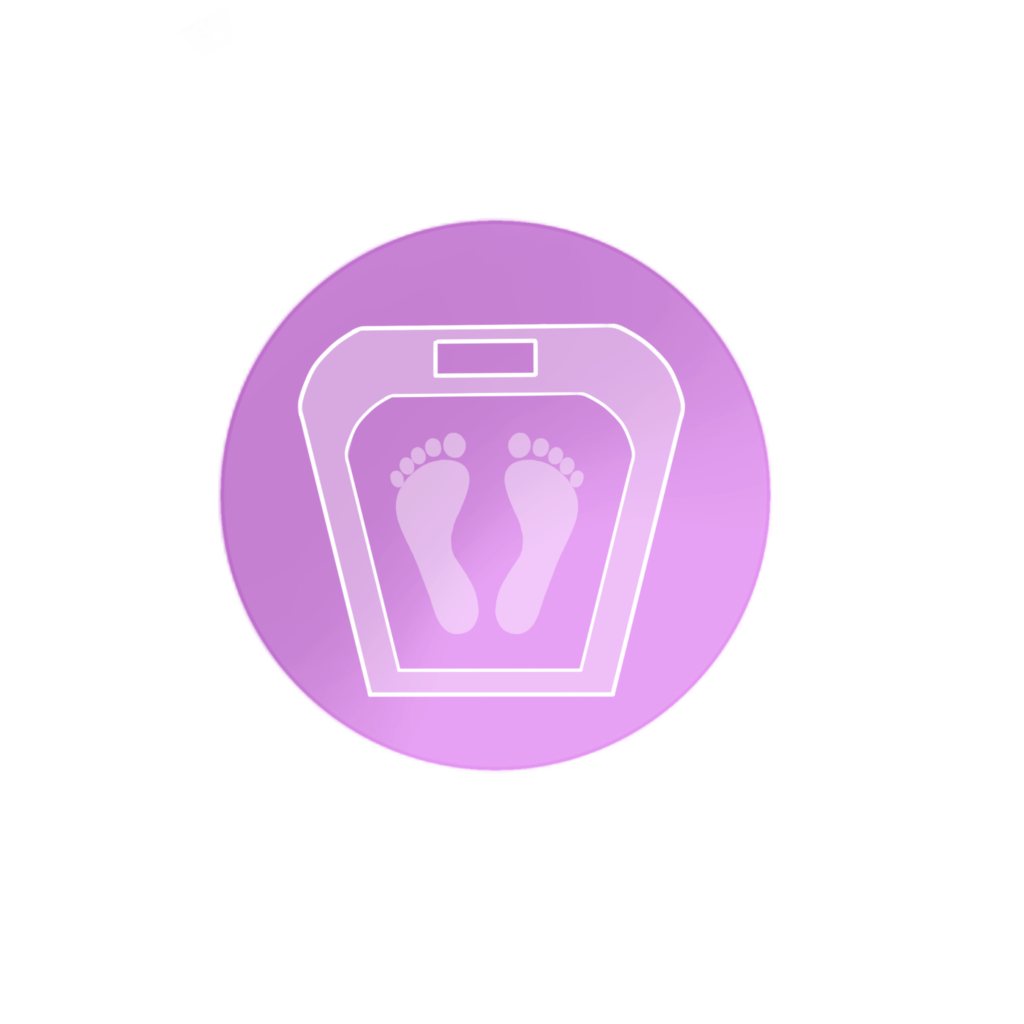

Smoking is the largest preventable cause of cancer in England, causing 3 in 20 cancer cases across the UK.
Smoking is also linked heart and respiratory disease, as well as stress, anxiety and depression. Cutting out smoking improves your physical and mental health.
Benefits to ending a nicotine dependency include:

Adults are advised to drink no more than 14 units a week on a regular basis, which is equivalent to 6 pints of average-strength beer or 10 small glasses of low-strength wine.
To keep your risk of alcohol-related harm low, the NHS recommends:
Regular or frequent drinking means drinking alcohol most weeks. The risk to your health is increased by drinking any amount of alcohol on a regular basis.
Research has shown that alcohol abuse can lead to social problems and can affect your mental health, memory, and brain function. Long term alcohol abuse can lead to heart disease, stroke, liver disease, bowel and liver cancer.

Starchy wholegrain foods should make up a third of what you eat in the day. They are a great source of energy and the main source of a range of nutrients in our diet, including fibre, calcium, iron and B vitamins.
Starchy foods contain less than half the calories of fat, so long as you don’t add a lot of fat while cooking.
What are starchy foods?
Eat plenty of fibre from a variety of sources to help lower your risk of heart disease – aim for at least 30g a day.

Eat at least five portions of vegetables and fruit a day. This will reduce considerably the risk of a stroke, diabetes, heart disease and cancer.
What counts as a portion?
The below count as one portion a day, no matter how much you eat.

A healthy diet should include at least 2 portions of fish a week, including 1 of oily fish. That is because fish and shellfish are good sources of many vitamins and minerals. Oily fish – such as salmon and fresh tuna – is particularly rich in long-chain omega-3 fatty acids, which may help to keep your heart healthy.
To ensure there are enough fish to eat now and in the future, we should try to eat a wide variety of fish and to buy fish from sustainable sources.
There are maximum recommended amounts for oily fish, crab and white fish. There is additional advice for pregnancy and breastfeeding parents, and children and babies.
How should we cook fish?
Fish that is steamed, baked or grilled is a healthier choice than fried fish. Frying can increase the fat content of fish and shellfish, especially if they are cooked in batter.

Sleep deprivation can have profound consequences on your physical health. As well as bad mood and lack of focus, regular poor sleep can put you at risk of serious medical conditions, including obesity, heart disease and diabetes, and a shorter life expectancy.
If you haven’t been getting enough sleep, the only way to recover is get more sleep. Starting on a weekend, try to add on an extra hour or 2 of sleep a night. The way to do this is to go to bed when you’re tired, and allow your body to wake you in the morning (no alarm clocks allowed!). Expect to sleep for upwards of 10 hours a night at first. After a while, the amount of time you sleep will gradually decrease to a normal level.

Getting – and staying – active can reduce your risk of developing heart disease. It can also boost your mood and reduce stress, as well as control your weight, reduce blood pressure and cholesterol.
Do 150 minutes of moderate-intensity aerobic activity every week. One way to do this is by doing 30 minutes, 5 days per week.
Moderate physical activity makes you breathe more heavily than normal and makes you warmer, for example:
Exercise can be incorporated into everyday activities:

Adults need to drink six to eight glasses of fluid daily. Water is a healthy and cheap choice, as it contains no sugars or calories.
You can also try sparkling water or add a slice of lime or lemon to plain water. Plain tea, fruit tea and coffee (without sugar) can also be healthy.
Water is essential for body growth and maintenance, it helps get rid of waste and regulates temperature, and provides a medium for biological reactions to occur in the body.

Being overweight can increase your risk of heart disease. Stick to a healthy, balanced diet low in fat and sugar, with plenty of fruit and vegetables, combined with regular physical activity.
If you are overweight, try the exercise plans in the Healthy Lifestyle Blog, combined with healthy recipes from the Healthy Eating Blog, and check out the 12-week NHS weight loss plan.

All work and no play leads to stress, as well as other mental health issues such as anxiety and depression. Relaxation is a vital part of keeping physically and mentally healthy. To maintain good mental health and wellbeing, try: